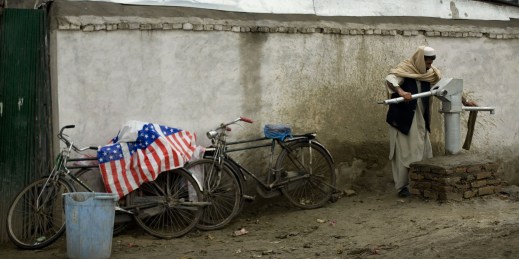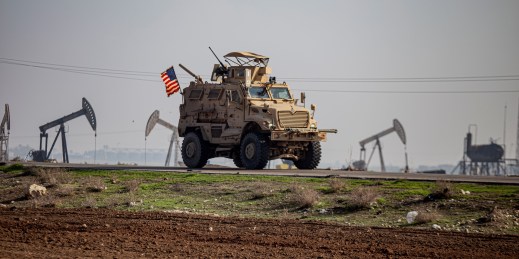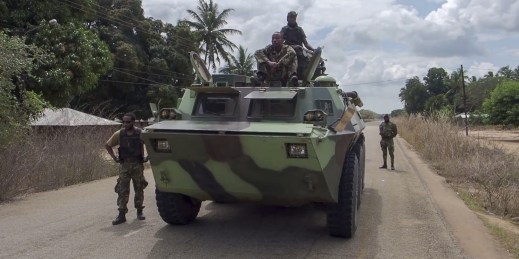
Congressional hearings on the Biden administration’s controversial withdrawal from Afghanistan in 2021 have become a renewed focal point for political narratives about blame. But they also create an opportunity to consider counterfactual hypothetical scenarios that could expand our understanding of the U.S failure in Afghanistan.




